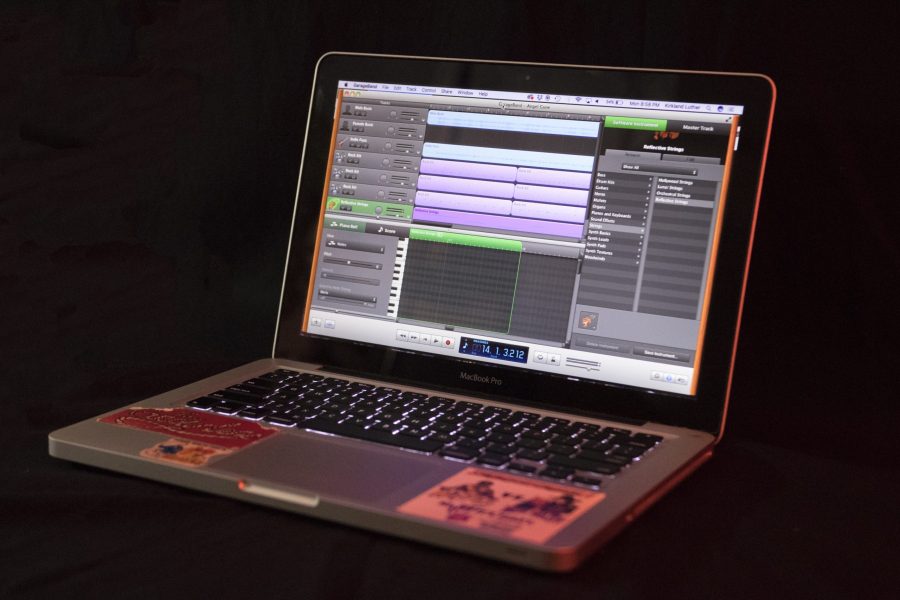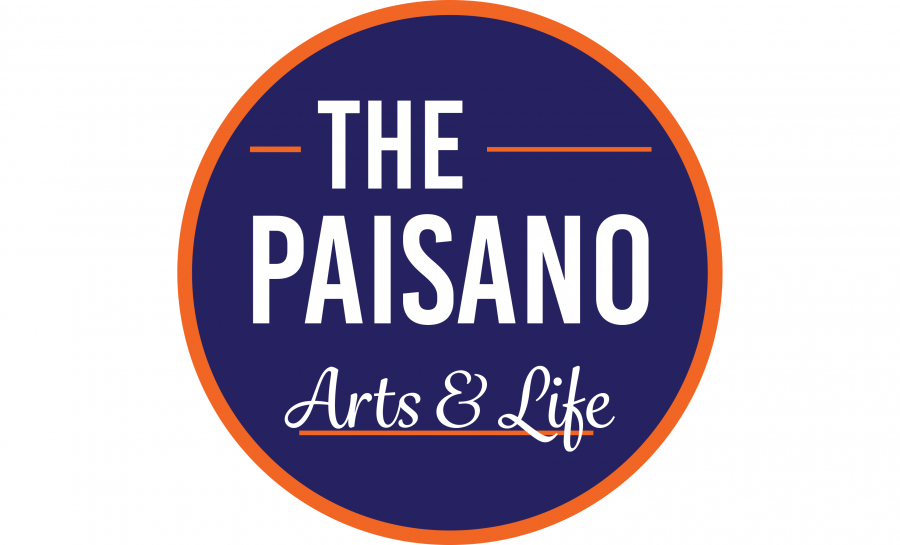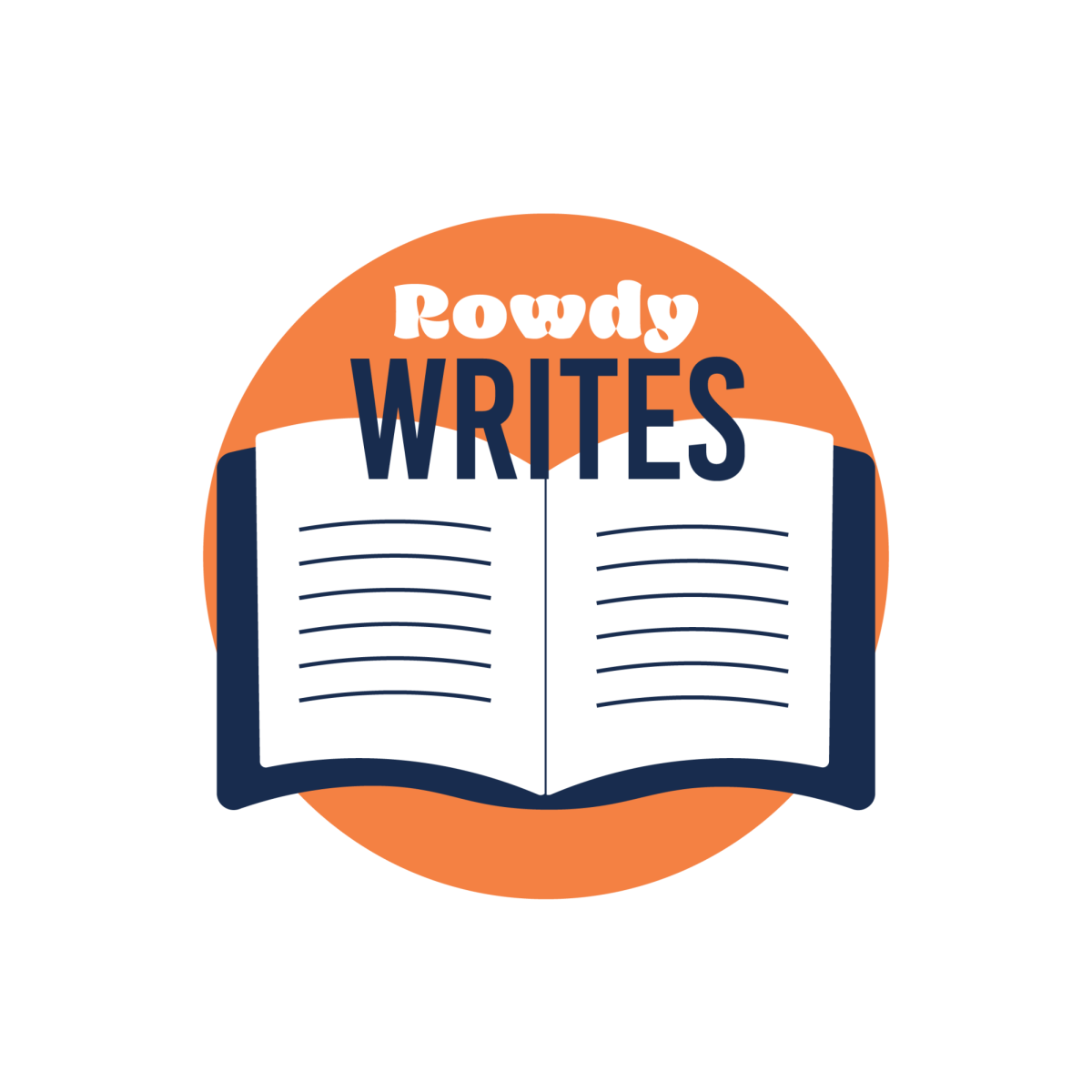How bedroom producing is creating the next wave of artists.
According to the 2017 Nielsen U.S. Music Year-End Report, R&B/hip-hop has surpassed rock as the most popular genre of music. “It’s about time [this happened],” said Zac Carper of “do-it-yourself” California punk band “FIDLAR,” when asked how this development potentially affects their approach to music in a recent MTV interview. He explains that as technology continues to advance, more “cool people” have access to creating “cool music” on their personal laptops. “I think that’s the most DIY [thing] out there.”
The origins of musical self-sufficiency came before the DIY punk ethic found in bands like Minor Threat, Death and Los Saicos. Self-sufficiency can be traced back to early African American jug bands. The use of household objects, such as a washboard and jugs, to make music that later evolved into what is known as American blues and jazz. Some early pioneers in this genre such as Lead Belly, Muddy Waters and Jelly Roll Morton can be watched and heard today thanks to documentation by ethnomusicologist Alan Lomax.
Now, old washboards have become the new laptops as music becomes more accessible than ever, with the development of streaming services like Spotify and production software like FL Studio and Stagelight. GarageBand—which is preloaded on every MacBook, iPhone and iPad—is another program that gives many aspiring musicians the opportunity to easily produce and record their own music. Also, many people who lack a musical background now have the opportunity to create and experiment with music. In addition, the convenience of having these programs lets people continue working on projects outside of a professional studio space. For a majority of musicians, their laptop is the ultimate studio space.

Local musician and guitarist Jacob Livingston, 23, noted that even though hip-hop is now the most dominant music genre, it does not mean others will simply go away. He commented, “I think what’s so attractive about making music digitally, as opposed to with instruments, is not necessarily the genre of music, but it’s just getting connected with music through easier ways like making a beat and rapping over it.” Livingston continued to strum a Fender Jazzmaster as he addressed the changing musical landscape for recording artists, “I feel I can be more direct and instantaneous in capturing the feeling of a moment with hip-hop.” Livingston feels that playing guitar is more challenging but allows him to express his more creative side.
Incidentally, this new creative accessibility and development of rising artists has created more spaces for people to share their music. Numerous sites exist where anyone can post their music, but the two most popular providers are Bandcamp and SoundCloud.
SoundCloud has become the place for many artists to express themselves, and has become so synonymous with DIY hip-hop that “SoundCloud rap” has manifested into its own recognizable musical genre. Many now-famous artists like Lil Uzi Vert, Lil Peep, Playboi Carti and Post Malone have garnered a lot of attention from posting on SoundCloud.
The DIY soundscape has been altered indefinitely with the addition of these services. Although the days of DIY music being characterized as a bunch of punks playing guitars are not completely gone, a similar eye-opening experience can be found in software you may have never clicked on before.







